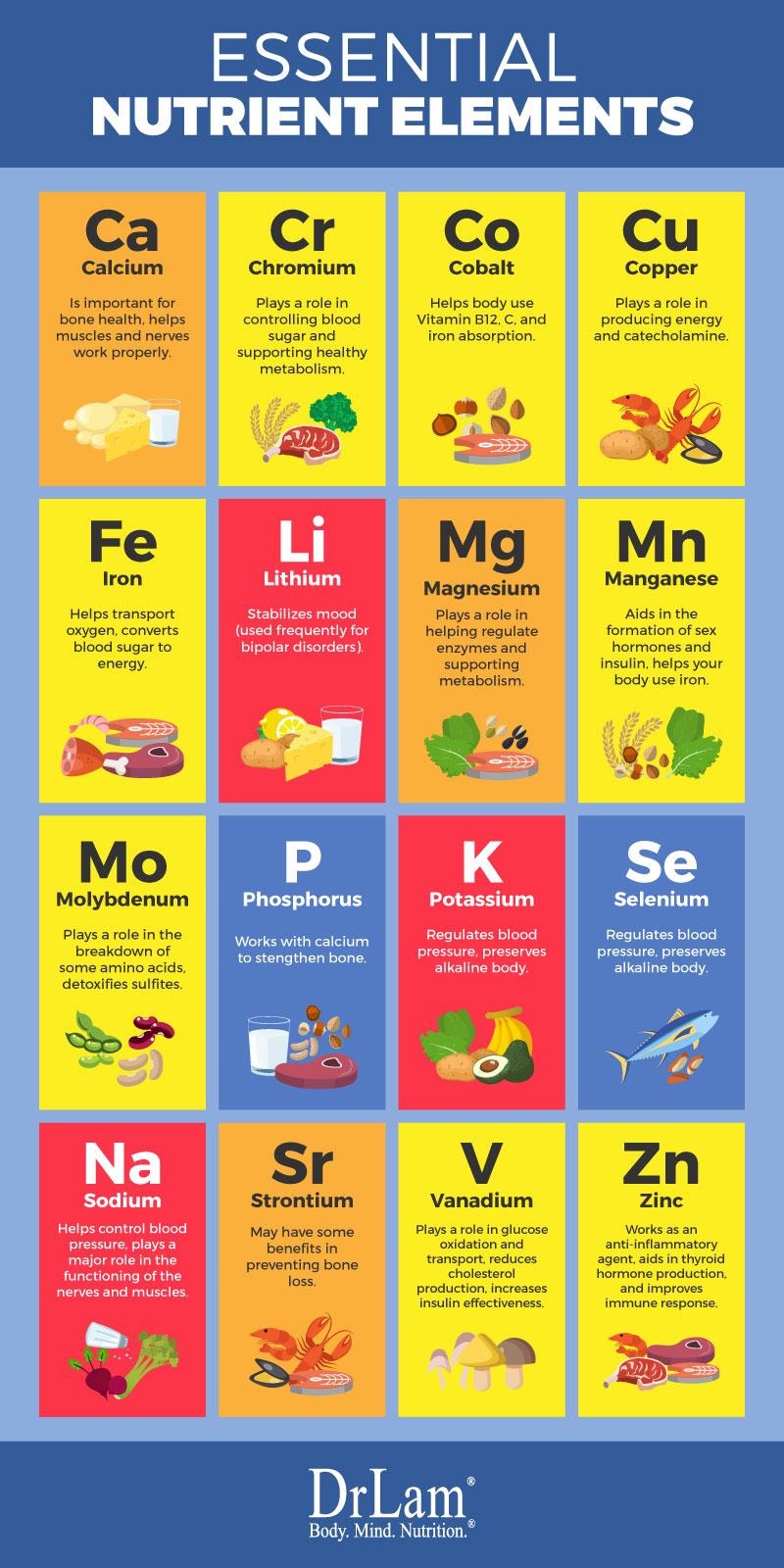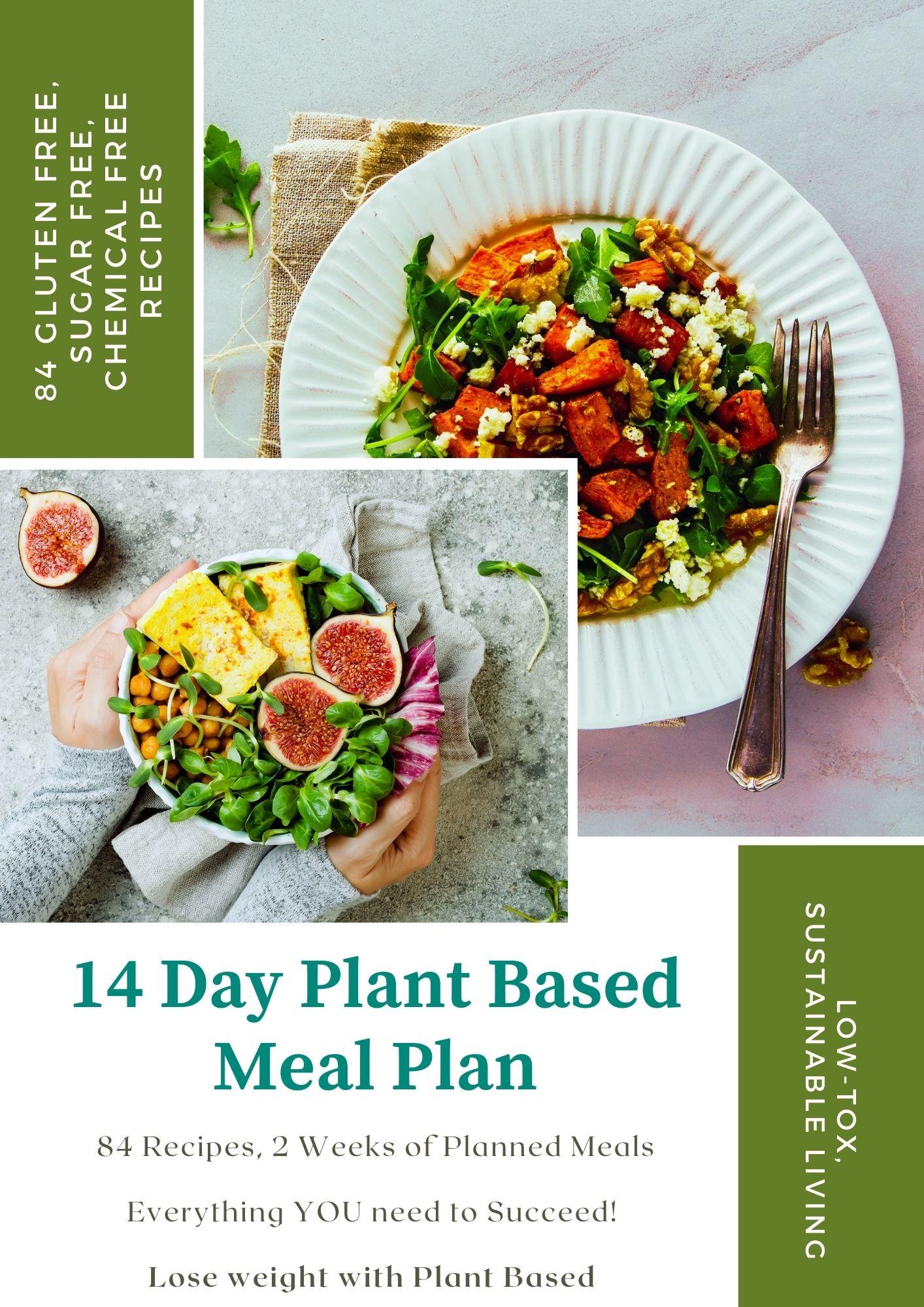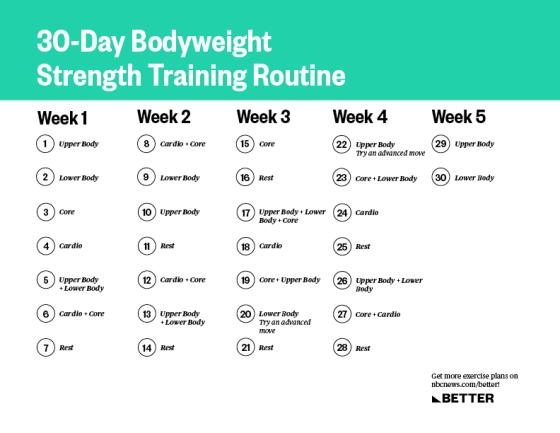Are you tired of trying every weight loss diet under the sun, only to find yourself feeling frustrated and stuck? You’re definitely not alone. Many people struggle with finding the right routine that fits their lifestyle and actually delivers results. In this article, we’re going to explore effective weight loss diet routines that are not only manageable but also tailored to meet your individual needs. From practical meal planning tips to understanding how to balance cravings and nutrition, you’ll discover easy-to-follow strategies that can make a real difference. Get ready to uncover valuable insights that could transform your approach to weight loss, and remember, the journey is just as important as the destination. So, let’s dive in and find a routine that feels right for you!

Understanding the Basics of a Weight Loss Diet Routine
When embarking on a weight loss journey, it’s crucial to understand that a diet isn’t just a temporary fix; it’s a lifestyle shift. Many people fall into the trap of restricting calories to an extreme degree, believing that less is always more. But have you ever noticed how those diets rarely last? Often, when we deprive ourselves, we end up swinging back to old habits or bingeing on what we’ve denied ourselves. Instead, think about incorporating variety and balance into your meals. Consider that a weight loss diet isn’t about what you can’t have, but about what you *can* embrace. Whole grains, lean proteins, colorful vegetables, and healthy fats shouldn’t just be temporary accommodations; they should be the stars of your plate! For tips on portion sizes and meal planning, you might find useful insights from the Choose My Plate initiative.
Another common misconception is that all fats are bad. This couldn’t be further from the truth. Healthy fats, such as those found in avocados, nuts, and olive oil, can actually increase your satiety and keep you feeling full longer. But how do you know if you’re incorporating enough healthy fats? Here’s a quick breakdown of how they can fit into your meals: try using olive oil instead of butter for cooking, topping your salad with a handful of walnuts, or spreading avocado on whole grain toast. These simple tweaks not only enhance flavor but also provide you with essential nutrients. Want some reassurance? A report from the National Institutes of Health suggests that a balanced intake of healthy fats can actually support weight loss when paired with a calorie-controlled diet.
let’s talk about hydration. Water often takes a backseat in discussions about diet, yet it plays a crucial role in the weight loss process. Did you know that sometimes our bodies can confuse thirst for hunger? This means that if you’re not adequately hydrated, you might eat when a simple glass of water could do the trick. Aim to drink water before meals; studies show that this can reduce your overall calorie intake. An easy method to ensure you’re staying hydrated is to carry a reusable water bottle with you wherever you go. Not only does it keep you accountable, but it can also serve as a reminder to sip throughout the day. And in the pursuit of wellness, don’t forget to check out the CDC’s recommendations on hydration for more insight!

Key Nutritional Elements for Effective Weight Loss
When it comes to dropping those extra pounds, understanding the balance of nutrients is crucial. Many people mistakenly believe that cutting calories is the magic bullet for weight loss. However, the truth is that not all calories are created equal. For example, a snack of fresh fruit packs a punch with vitamins and fiber, while a cookie might be empty calories laden with sugar. Consider swapping out sugary beverages for water infused with lemon or mint; not only will you cut down on unnecessary sugars, but you’ll also stay hydrated, which is a key player in metabolism. Research suggests that hydration can enhance metabolic rate and aid in weight management.
Incorporating lean proteins into your meals is another game-changer. Chicken, fish, beans, and legumes help satiate hunger and maintain muscle mass during weight loss. By adding protein to each meal, you can lower your overall calorie intake without feeling deprived. Have you ever noticed how a simple grilled chicken salad leaves you feeling more satisfied than a bowl of pasta? That’s the power of protein in action! Plus, your body burns more calories digesting protein than it does with carbohydrates or fats. To optimize your intake, aim for a palm-sized portion at each meal—this can dramatically impact your weight loss journey.
Lastly, let’s talk about the importance of healthy fats. Yes, I said fats! Foods like avocado, nuts, and olive oil provide essential fatty acids that support brain health and hormone regulation. These fats can actually help you feel fuller for longer, making it easier to resist those late-night snack cravings. Think about it: a handful of almonds versus a bag of chips. Which one do you think can keep you satisfied through the evening? Additionally, don’t shy away from carbs altogether—opt for whole grains like quinoa or brown rice instead of their refined counterparts. Your body will thank you for the fiber boost! Remember, it’s not just about eliminating food groups but rather choosing the right foods that nourish your body as you embark on your fitness journey.

Creating a Sustainable Meal Plan Tailored to Your Lifestyle
When it comes to crafting a meal plan that’s not only effective for weight loss but also sustainable for long-term lifestyle changes, it’s essential to start with your preferences and routines. Think about the meals that truly make you happy—those dishes that you’d kill for during cravings! By incorporating foods you love, you’re much more likely to stick with your plan. So, how can this work for you? Begin by dedicating a few moments each week to jot down your favorite meals, and then tweak them into healthier versions. Swap out heavy cream for Greek yogurt or use whole grains instead of refined carbs. This shift doesn’t just support your weight loss goals; it can also help reduce your impact on the environment by promoting seasonal and local foods.
Another often-overlooked aspect of meal planning is the importance of variety. Are you someone who eats the same thing daily? While routine can be comforting, it can also foster nutrient deficiencies and boredom. Research has shown that introduced foods can enhance our diet quality (see this insightful article from NCBI), so let’s shake things up! Aim for a colorful plate, incorporating a spectrum of fruits and veggies. Try creating a simple chart for your week that aligns meals with colors, for example:
| Day | Color |
|---|---|
| Monday | Red (tomatoes, red bell peppers) |
| Tuesday | Green (spinach, broccoli) |
| Wednesday | Yellow (corn, squash) |
let’s address the often-misunderstood concept of meal prepping. A common myth is that it’s time-consuming and boring, but in reality, meal prep can save you time and provide immense flexibility. Try setting aside just a couple of hours during the weekend to batch-cook a few staple ingredients—think grilled chicken, roasted vegetables, or whole grains like quinoa. This way, you can mix and match effortlessly throughout the week, creating a diverse range of dishes without the daily hassle. Plus, you’ll find that when healthy options are ready to go in your fridge, you’re far less likely to reach for unhealthy convenience foods.
For more insights on efficient meal prepping, check out this guide on Eatwell101.

Incorporating Exercise to Boost Your Weight Loss Journey
Imagine this: you’ve stocked up on all the right foods, meticulously planned your meals, and are fully committed to your weight loss diet. But have you ever considered how incorporating exercise could amplify those efforts? Regular physical activity does more than just burn calories. It releases endorphins, those delightful little hormones that boost your mood and can help curb stress-related eating. Think about it: how many times have you reached for that bag of chips out of boredom or frustration? Exercise can change your perspective and create a positive feedback loop that supports your weight loss goals.
One of the most common misconceptions is that exercise has to be a grueling affair to make a difference. On the contrary, it can be as uncomplicated as a brisk walk in the park or a dance session in your living room. Start with 10-15 minutes a day and gradually increase your activity. Are you struggling with motivation? Consider finding a workout buddy or joining a community class. Studies show that social engagement can significantly impact your success—it’s less about the workout itself and more about the connection you build in the process. Plus, who doesn’t enjoy some friendly competition?
Now, let’s dive into some practical steps you can take to seamlessly blend exercise into your weight loss journey. Try setting achievable and specific goals, such as aiming for three workouts a week that incorporate both cardio and strength training. This balanced approach not only helps you shed pounds but also builds muscle, which is essential for boosting your metabolism. Also, remember to track your progress; a simple app or a journal can do wonders in keeping you accountable. And for those who love a little structure, you can also explore resources like the CDC’s Physical Activity Guidelines for tips. Embrace the journey and notice how even small changes can lead to significant results, both physically and mentally.

Tracking Progress and Staying Motivated on Your Diet Path
Tracking your progress on a weight loss journey can sometimes feel like peering into a foggy mirror—difficult to see the change you’re looking for. However, consider transforming those routine weigh-ins into opportunities for insight. What if instead of solely focusing on the scale, you also tracked your energy levels, mood, and fitness milestones? Keeping a food journal or using an app can reveal patterns in your diet that you may not notice otherwise. For instance, realizing that you tend to snack more when stressed might lead you to seek healthier coping strategies, rather than simply cutting out snacks entirely. According to research from the Journal of Behavioral Medicine, individuals who keep track of their dietary habits are more likely to achieve their weight loss goals. Reflect on your own habits—what might a simple log reveal about your journey?
Staying motivated is often about identifying the ‘why’ behind your commitment to a healthier lifestyle. Take a moment to think: What is your ultimate goal? Is it fitting into that pair of jeans that’s been sitting in your closet? Or is it about feeling energized and active to keep up with your kids? Write down your reasons and place them somewhere visible as a daily reminder. Try to visualize the outcomes of your efforts, creating a vivid mental image of your success. Motivation thrives on emotional connection, and understanding your personal “why” deepens your commitment. Also, engage with communities, whether online forums or local groups, to share your experiences and learn from others. Research shows that social support is a significant factor in weight loss success. So, why not chat about your goals with others who share your path?
Now, let’s talk about celebrating those little wins along the way—because small victories add up. Instead of waiting for the milestone moments, recognize and reward yourself for completing a week of consistent meal prep or for hitting a step goal. Create a list of non-food rewards that excite you: a new book, a spa day, or perhaps a movie night with friends. These rewards create positive reinforcement, encouraging you to stay on track. Additionally, don’t shy away from reflecting on any setbacks. They are part of your journey, not its end. Use setbacks as learning opportunities—ask yourself what can be adjusted going forward. Remember, it’s not about perfection; it’s about progress. According to the CDC, habits can take time to develop, so stay patient and persistent with each step you take. Each action, no matter how small, is building the foundation for lasting health.
The Takeaway
As we wrap up our exploration of an effective weight loss diet routine, it’s clear that success lies in the balance of smart choices, consistency, and self-acceptance. You’ve learned how incorporating a variety of nutrient-dense foods can transform not just your body, but your overall well-being. The next step is yours—why not start by adding one new healthy recipe or snack to your weekly meal plan? Reflect on your own journey, and consider: what small changes have been the most rewarding for you? Whether you’re just beginning or looking to refine your approach, remember that every positive step counts. Embrace this journey not just as a means to an end, but as an opportunity to cultivate a lifestyle that nourishes both your body and spirit. Keep pushing forward, stay curious, and let your experiences inspire not only yourself but those around you. Your remarkable journey continues—let’s make it a vibrant one!





